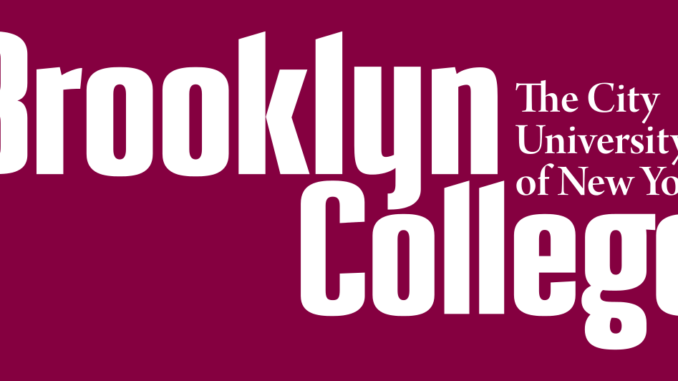
Rebels, Outlaws, Sinners and Saints: The Antihero/ine Protagonist
Thirteenth Annual Brooklyn College Graduate English Conference
Date: Saturday, May 2nd
The Batman villain “Two-Face” Harvey Dent famously said, “You either die a hero or live long enough to see yourself become the villain.” The distinction between hero and villain, however, is not always obvious, and becomes particularly unclear in the case of the anti-hero/ine––an unconventional protagonist who subverts the traits of a typical hero. As a complex protagonist, the anti-hero/ine often disregards morality for a larger narrative purpose. But who determines the moral values by which the protagonist is evaluated? The anti-hero/ine’s motivations––sometimes for the greater good, other times for selfish ends––are often complicated and arguably represent humanity in a more honest sense than an altruistic hero. Where then is the line between a hero and an anti-hero/ine?
Additionally, how and why have our notions of the anti-hero/ine changed over time? The anti-hero and the anti-heroine did not develop in tandem, or to equal extent. The term “anti-hero” was first used in 1712, but the term “anti-heroine” did not surface until 1907. What caused the rise of the anti-hero in the 1700s but deterred the anti-heroine until the 1900s? Before 1907, where were the anti-heroines? Did they not exist, or were they called by a different name? How do anti-heroes (e.g. Holden Caulfield, Bigger Thomas, Patrick Bateman, Jay Gatsby) compare against anti-heroines (e.g. Annie Allen, Emma Bovary, Hedda Gabler)?
Some of the questions that the conference will be covering include:
- Under what circumstances does a hero/heroine become an anti-hero or heroine?
- How does the anti-hero challenge moral and literary norms, and what value does this reassessment hold?
- How does gender intersect with the classification of an anti-hero? How do anti-heroines challenge the norms of female characters, and in what ways are gender norms therefore moralizing?
- Is the anti-hero/ine inherently a product of eurocentric culture, or are there anti-heroes in every society? How are they differently defined by varying cultural norms?
- What about the anti-hero/ine causes sympathy in the reader?
- How does the anti-hero/ine represent an alternative to the bourgeois hero/ine?
This conference seeks to explore and interrogate the roles, contexts and experiences of the anti-hero/ine across fiction, poetry, film, and other adaptive creations of texts (e.g. video games, plays, etc.). We invite discussions from scholars specializing in any time period, genre, and theoretical approach. Writers are encouraged to analyze a single anti-hero/ine, compare and contrast multiple representations, or challenge the concept of an anti-hero/ine in its entirety.
To participate in this conference, please submit abstracts of no more than 300 words to bcgradconference@gmail.com by March 15, 2020.

Leave a Reply